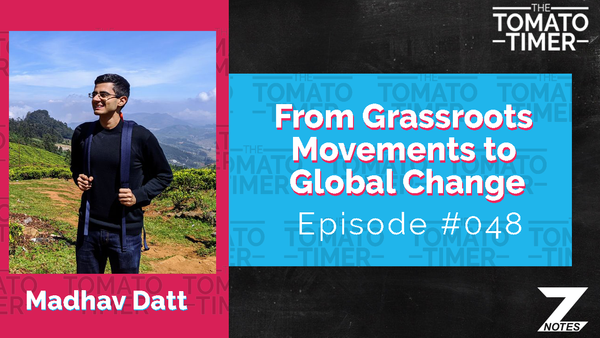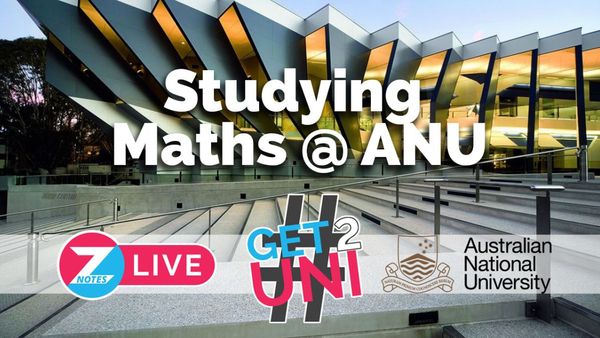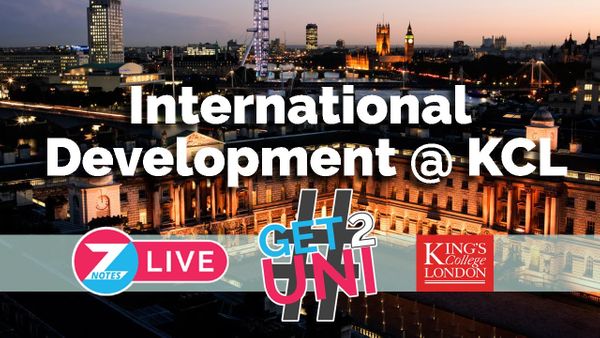TTT #40: "Perfecting Your Personal Statement" with Oliver Rutherford
A considerable part of the admission decisions made by universities depends on the personal statement. In just 4000 characters, you deliver to universities why they should pick you amongst the vast pool of candidates. But you might not know how to go about it. The perspectives of students and teachers and admission officers differ. And misinformation further prevents you from making your statement stand out.
Oliver Rutherford, the co-founder of UniRise, helps thousands of students with the expert guidance needed to write their statements. The insights he offers are based on about 300 personal statements reviewed by admission officers of top universities. In this episode, he talks about the common mistakes students make and alternatives to those approaches. For instance, you might list a dozen books you read without talking about your connection with either of them. Mentioning fewer extracurricular material is okay, as long as you uncover your reflections and be specific about what truly interests you. Don't be afraid to draw parallels with your life's narratives, relating them to the subject you choose to study. Make your statement engaging, instead of the generic "this is what I have always wanted to do" sentences.
Apart from that, you might struggle to decide what university and course to study. These do not necessarily have to be based on career outcomes and prestige. Most employers today do not care about the subject you study and where you study it as long as you can solve problems and think logically. You can also check out UniRise's "WTF Should I Study At Uni Guide" to explore the different courses and universities!
But personal statements, often, are a reflection of entrenched inequalities. A disadvantaged student cannot talk about a visit to Tutankhaten's tomb getting them interested in history, or the internship at a consultancy firm due to their parent's network. They don't have the expertise provided by the generational experience of going to universities. And they don't belong to schools where a huge chunk gets into Oxbridge every year. Such marginalisation is closely tied to one's socioeconomic background. And therefore, certain parts of society retain their positions of privilege, with those facing the effects of centuries of oppression lagging.
In such an environment, is it really fair for personal statements to have the influence that they currently do? This is something for us to ponder upon more so during the pandemic. A-levels are now to be based on mere predictions, which, as suggested by a 2016 research, are wrong 84% of the times. GCSEs might not carry as much value for the time gap since you took them. And references written by your teachers tend to be biased. A lot falls onto just the singular page that begs us to contemplate about the impact of the lack of social mobility.
But amidst everything, Ollie advises to continue experimenting and gaining meaningful experiences. Reach out to people and start getting involved, not just for the edge you gain in your personal statement, but to also discover what excites you and how you develop that!




